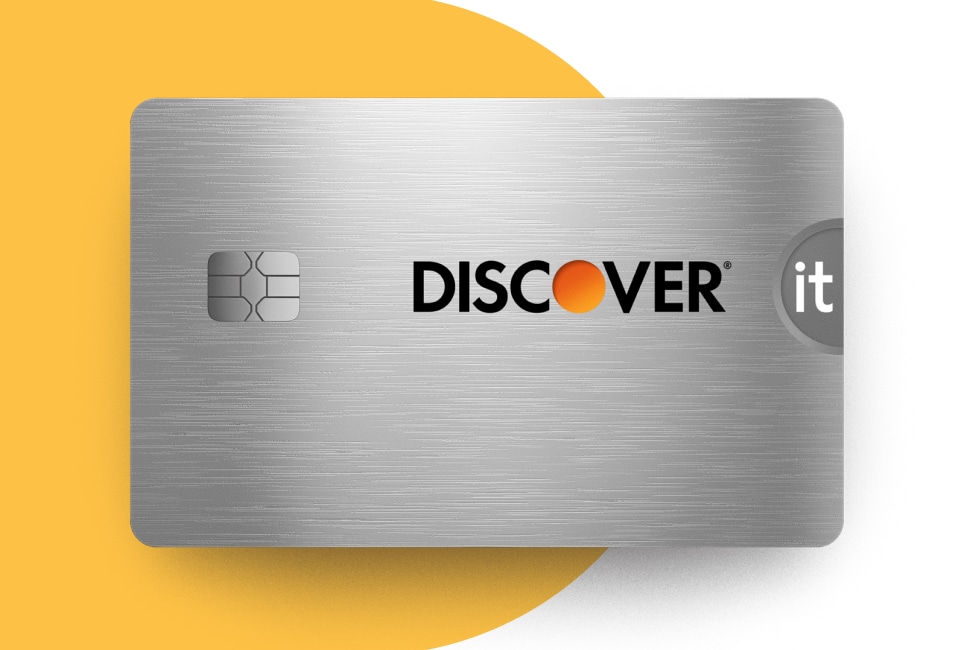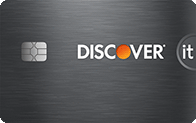
Getting your first credit card is often a major milestone. Maybe your first card is your first taste of financial independence. Or perhaps you’ve managed your own finances for a while, and you finally feel prepared to take the next step. No matter where you are in your financial journey, the right card may be a powerful tool for making purchases, earning rewards, and building a positive credit history.
Applying for your first credit card is a big deal, but it doesn’t have to be a challenge. Set yourself up for success by doing your research and choosing a card that matches your needs.








